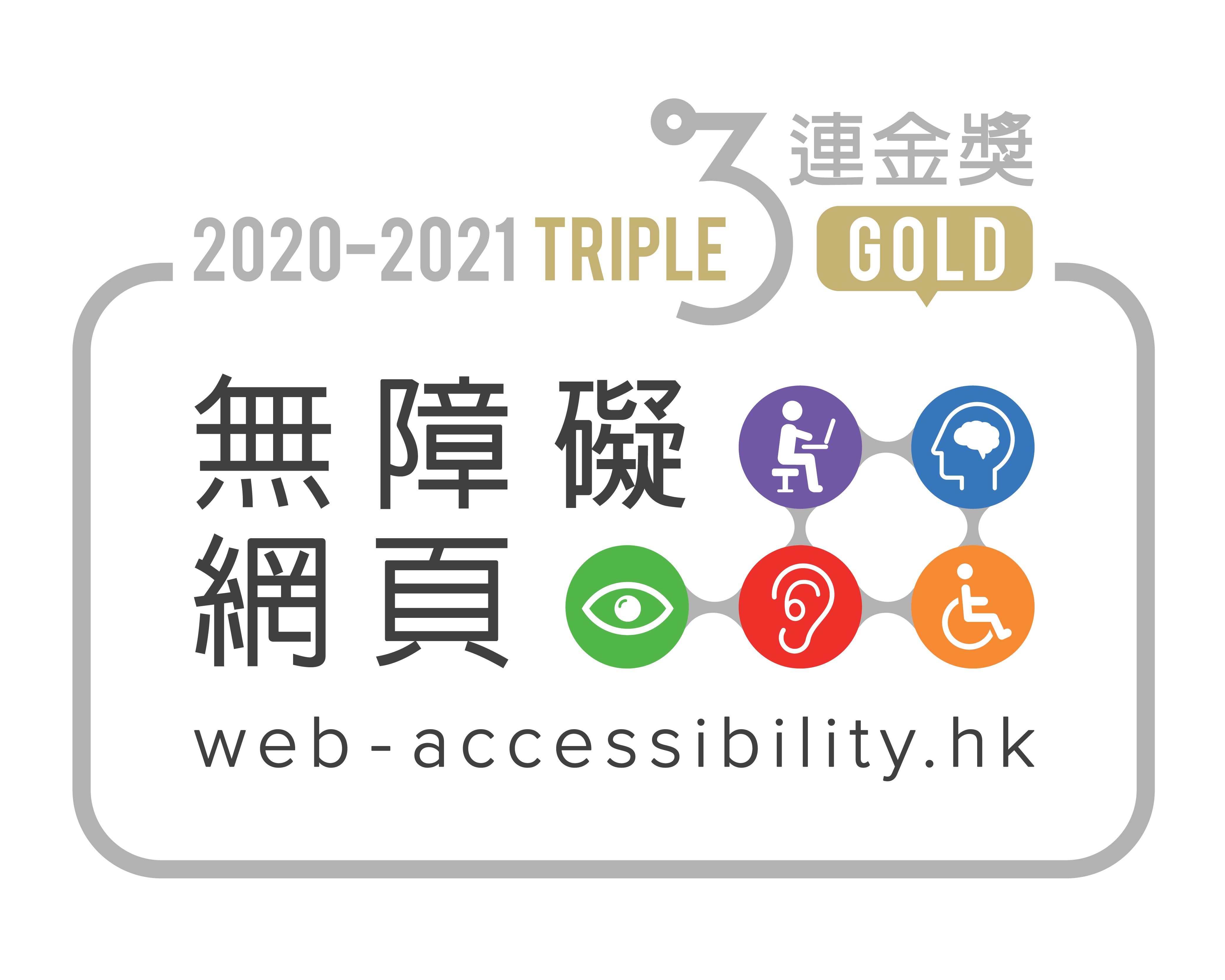CUHK
News Centre
Survey findings on public’s interest in politics in Hong Kong released by Hong Kong Institute of Asia-Pacific Studies at CUHK
The Hong Kong Institute of Asia-Pacific Studies at The Chinese University of Hong Kong (CUHK) conducted a telephone survey from 18 July to 27 July 2022 to gauge the public’s level of interest in politics. 55.5% of the respondents said they were not very interested or not interested at all in politics. The main findings are as follows:
The survey asked the respondents about their level of interest in politics. 55.5% of the respondents said they were not very interested (39.9%) or not interested at all (15.6%), while 41.9% were very interested (5.4%) or moderately interested (36.5%).
The survey asked the respondents how often they read political news. 30.4% of the respondents answered that they read it every day, 22.2% answered “several times a week”, 15.2% answered “once or twice a week”, 16.3% answered “seldom” (once or twice a month) and 11.4% said that they almost never read any.
The survey listed some possible channels for expressing political opinions and asked the respondents how often they had expressed their opinions on issues related to local districts or Hong Kong as a whole via these channels in the past year. It found that most respondents did not actively use these channels to express their opinions. Comparatively, social media was more frequently used to express opinions than other channels. 21.4% of the respondents always (2.8%) or sometimes (18.6%) posted or shared messages on social media such as Facebook and other internet forums, while 24.6% seldom did so and 51.3% had never done so. The survey also found that 4.8% of the respondents always (0.5%) or sometimes (4.3%) expressed their opinions directly to officials or relevant government departments, while 7.3% seldom did so and 86.9% had never done so. 4.4% of the respondents said that they always (0.3%) or sometimes (4.1%) expressed their opinions to District Councilors or Legislative Councilors, while 7.8% seldom did so and 86.8% had never done so. Lastly, 4.4% of the respondents always (0.4%) or sometimes (4.0%) expressed their opinions through the non-governmental organisations, while 12.2% seldom did so and 82.7% had never done so.
When the respondents were asked about their views on statements which may reflect the reasons for their level of political interest, 47.7% agreed that “government officials do not care much what people like me think”, 12.0% disagreed and 33.7% said “half-half”. 43.0% of the respondents agreed that “people like me don’t have any say about government policies”, while 18.8% disagreed and 29.5% answered “half-half”. Also, 38.4% of the respondents disagreed that “sometimes politics and government seem so complicated that a person like me cannot really understand what is going on”, while 27.4% agreed and 29.7% said “half-half”.
The survey employed a dual-frame sampling design that included both landline and mobile phone numbers. A total of 702 respondents aged 18 or above (landline: 338; mobile: 364) were successfully interviewed, with response rates of 25.5% (landline) and 25.9% (mobile). The sampling error is estimated at plus or minus 3.70 percentage points at a 95% confidence level. Weighting of survey data was based on the probability of the respondents being selected via dual-frame sampling design and relevant age-sex distribution of the population published by the Census and Statistics Department.
